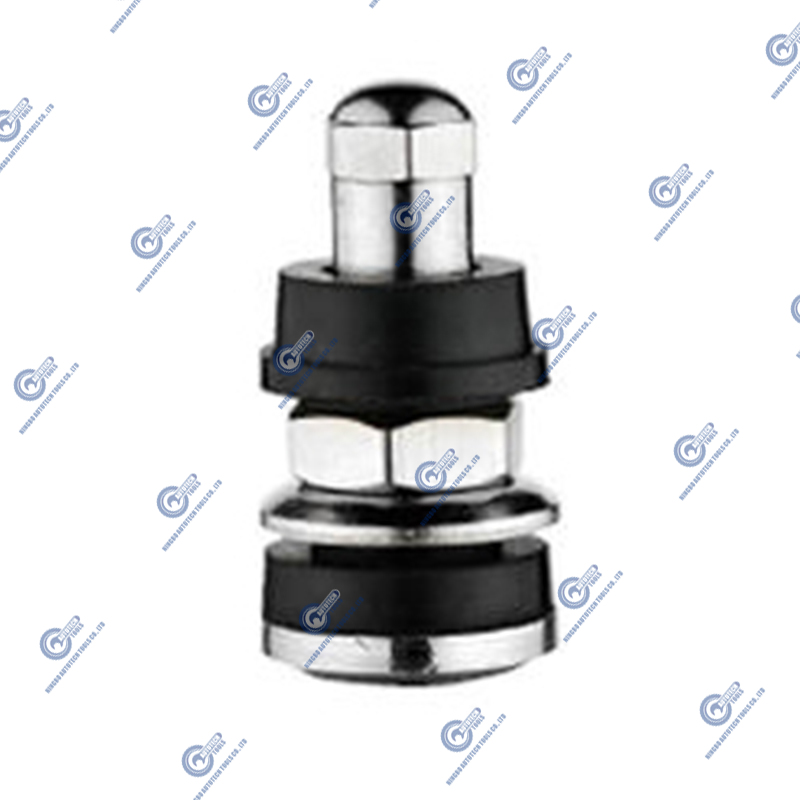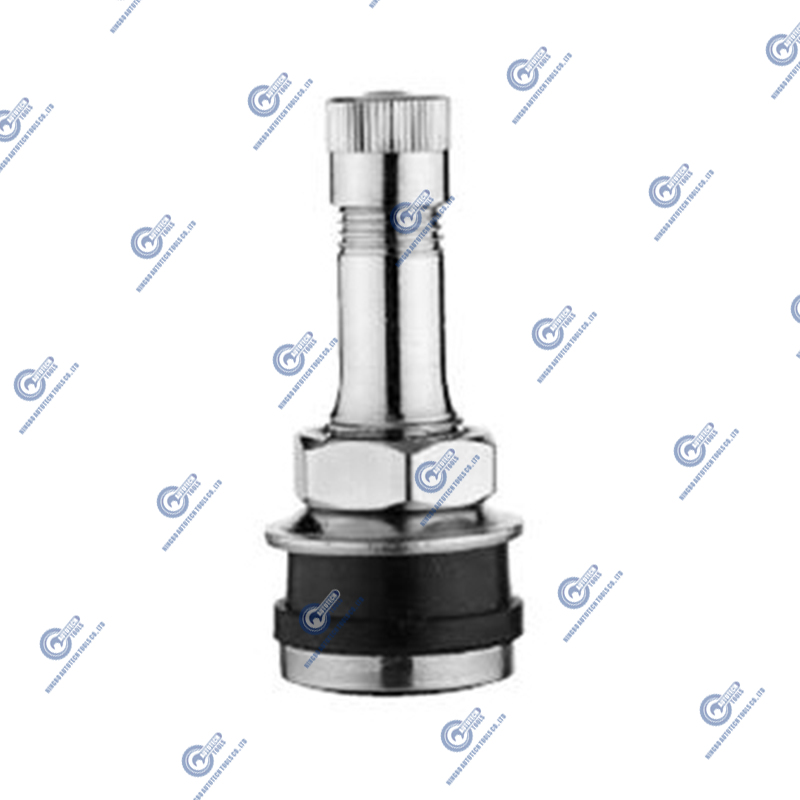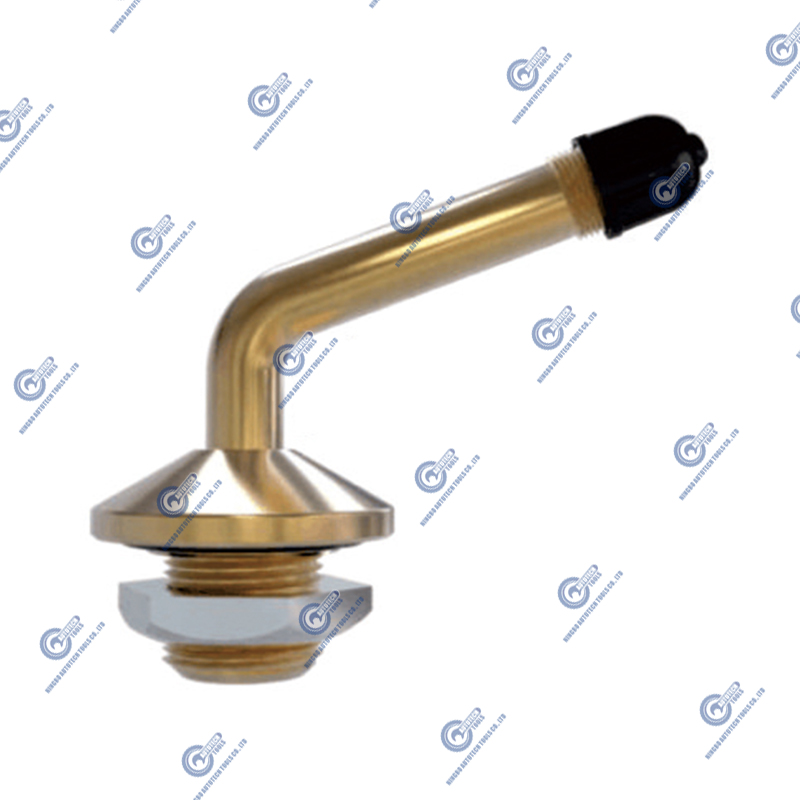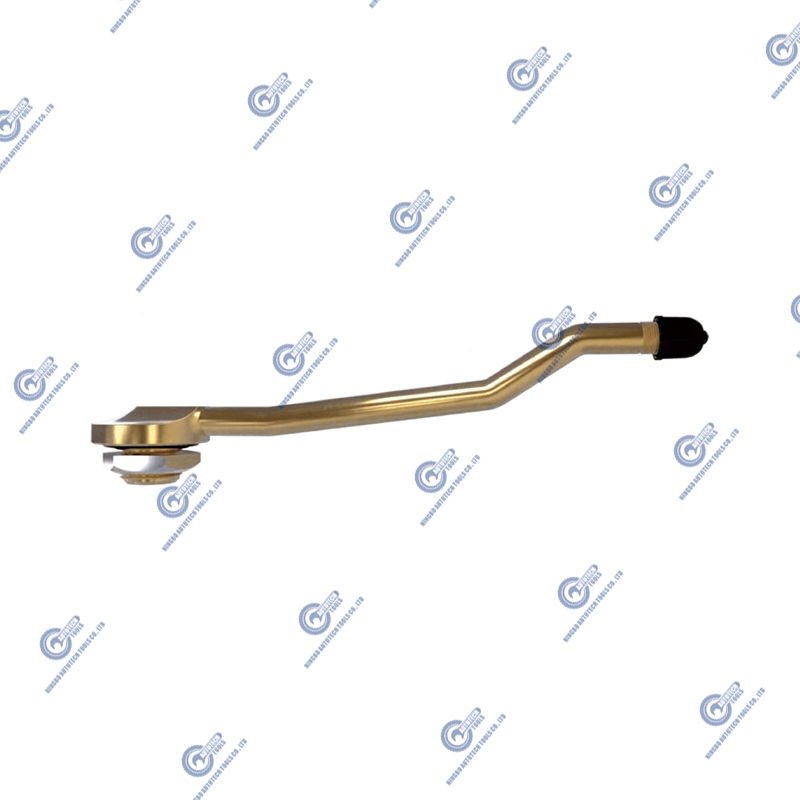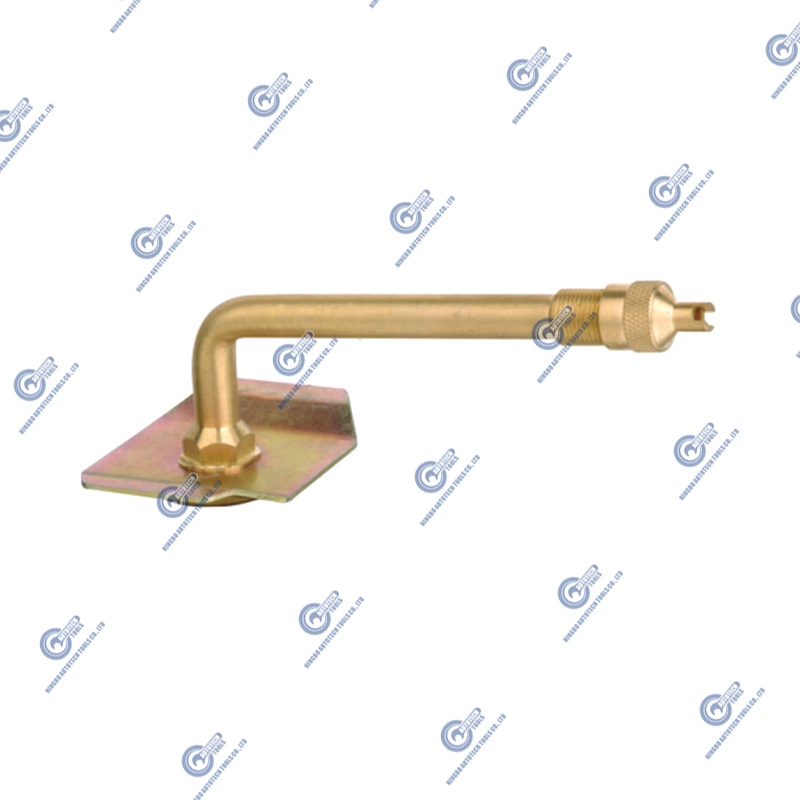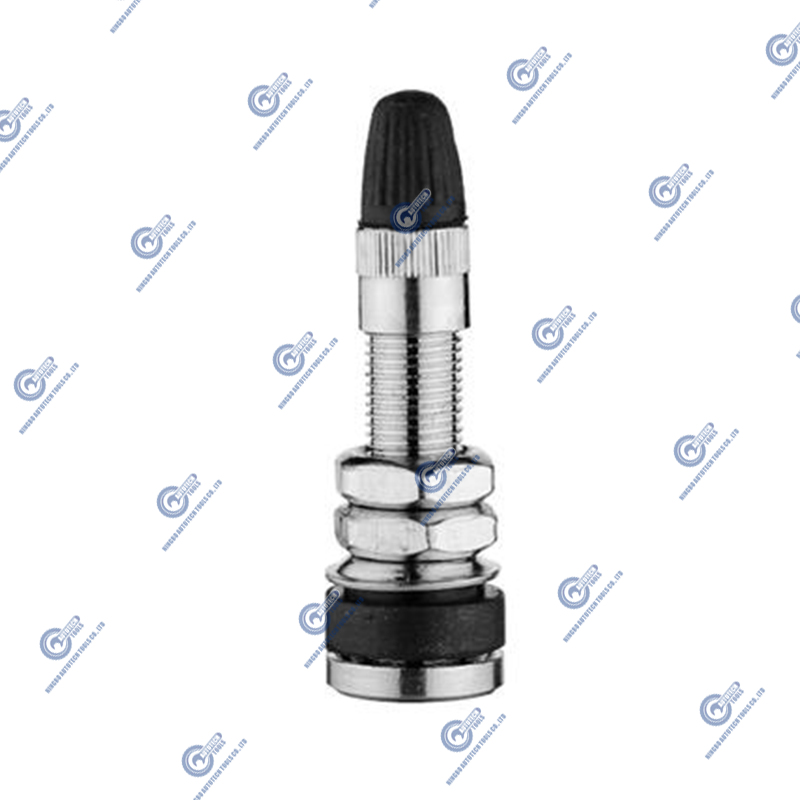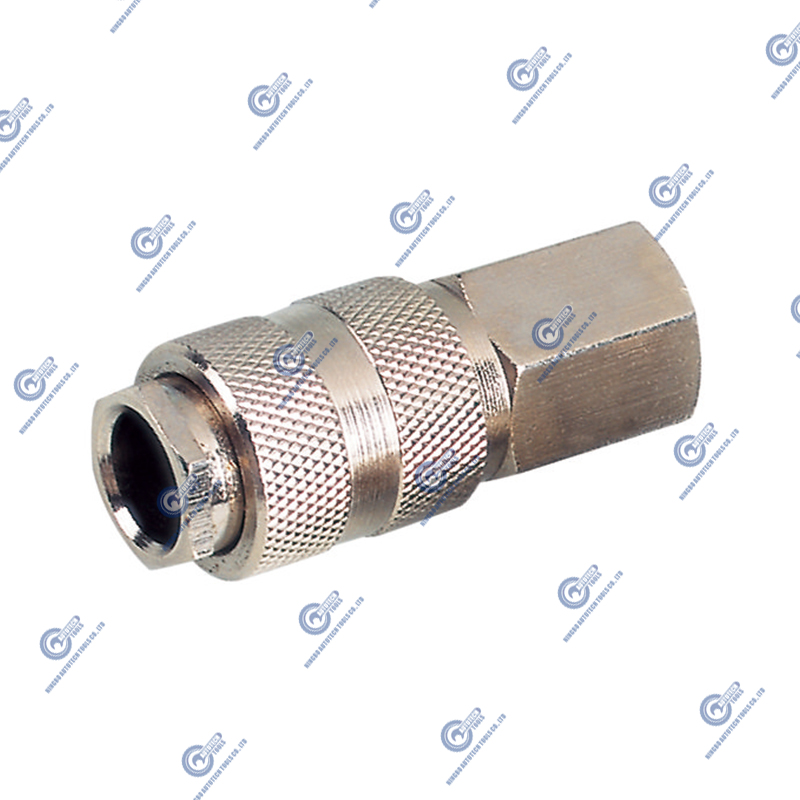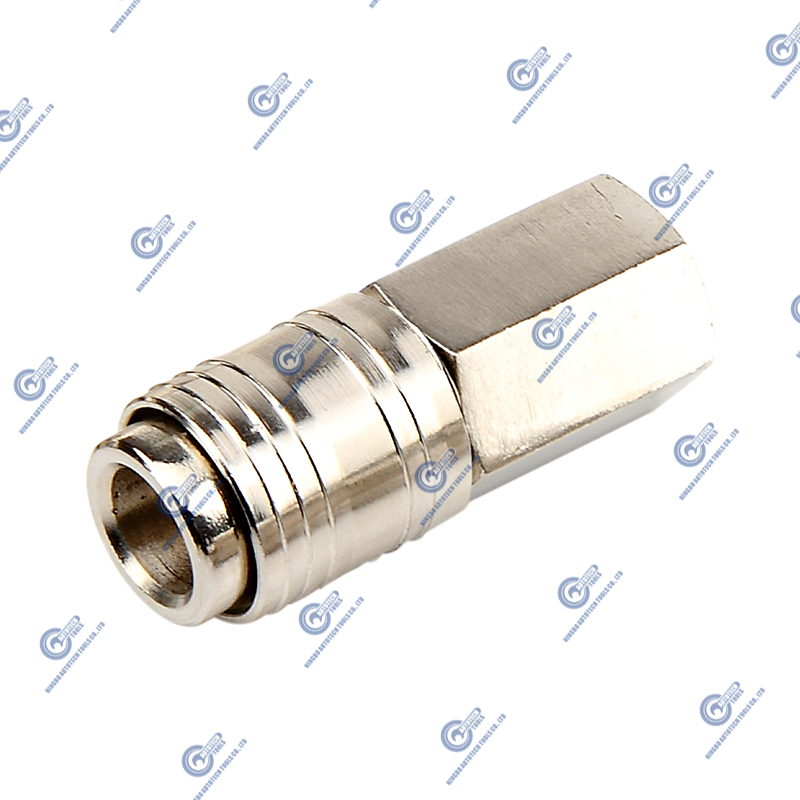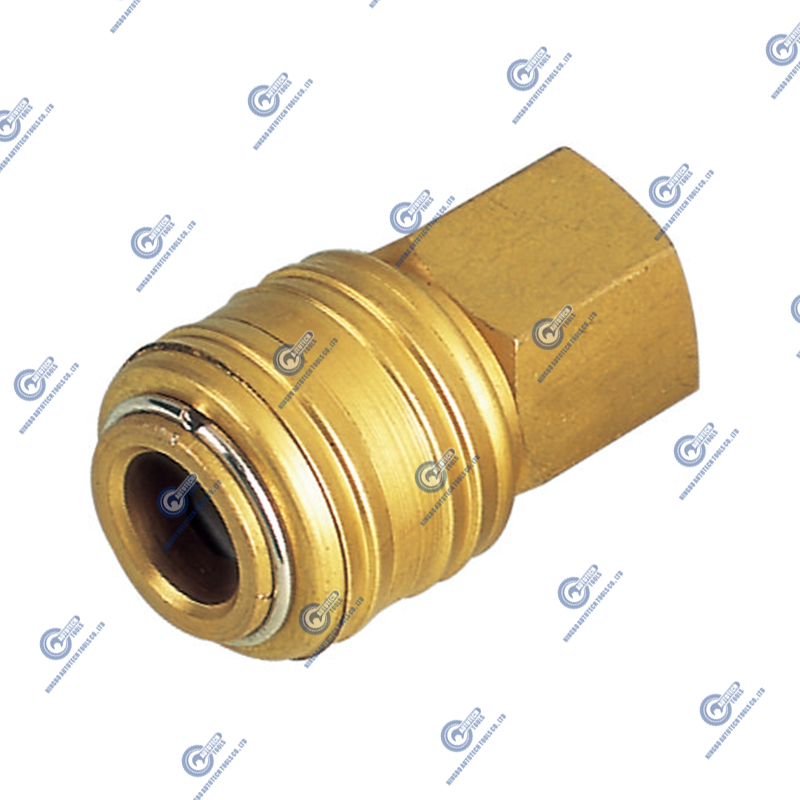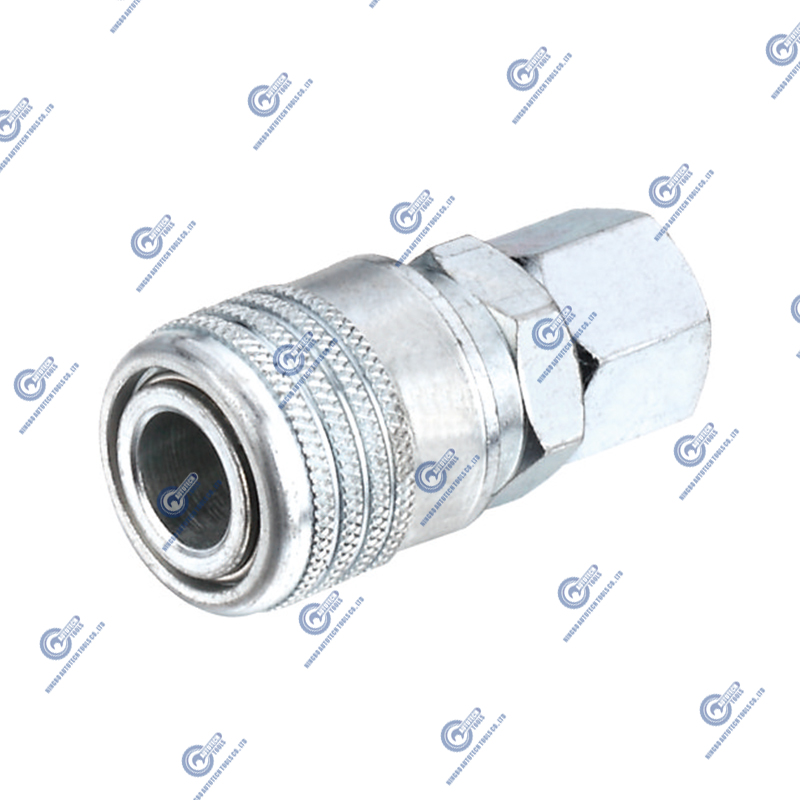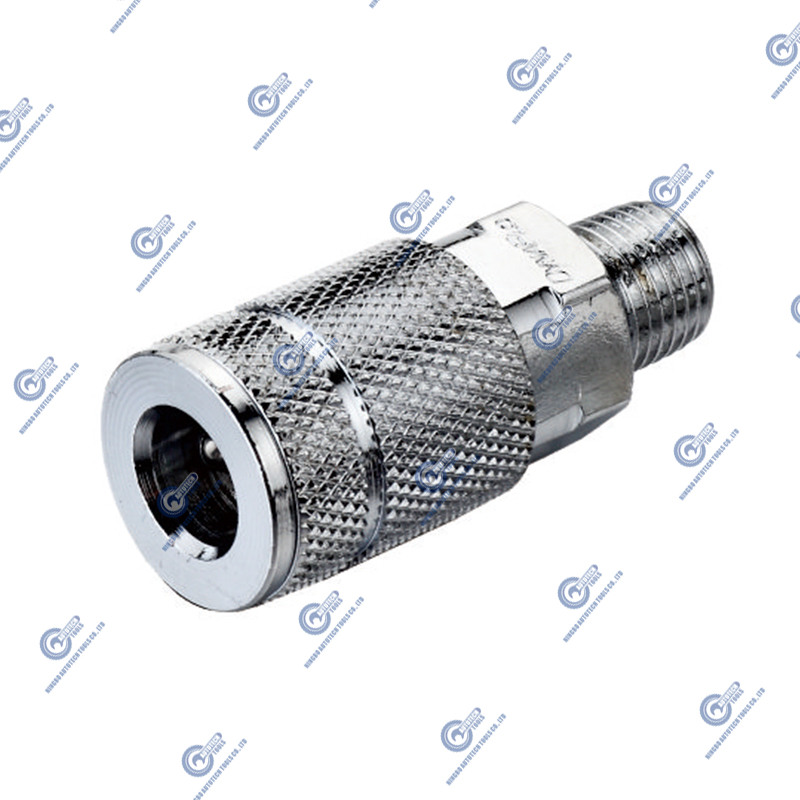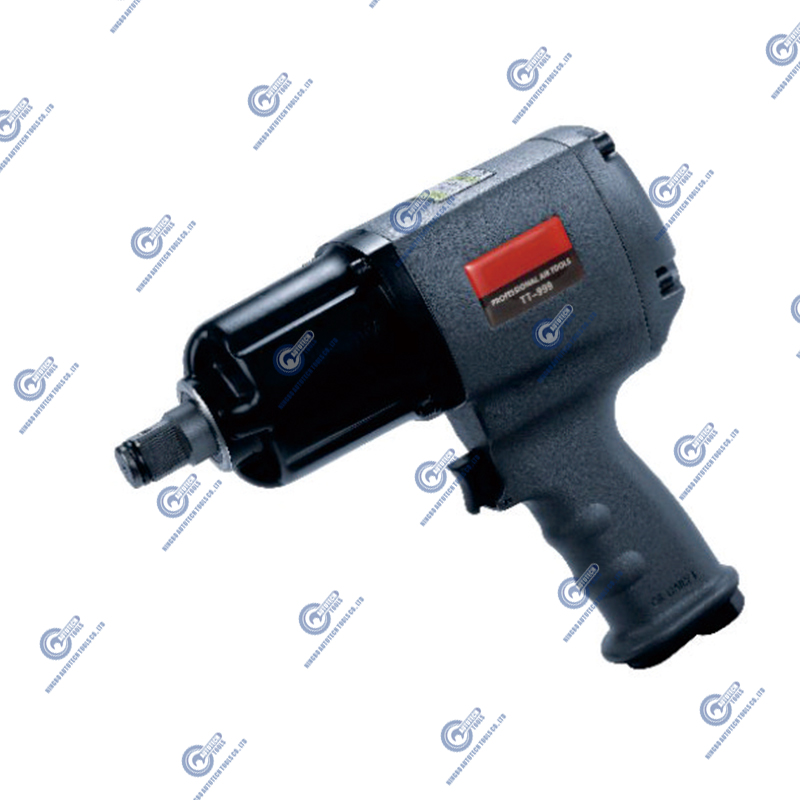Why Are Couplers and Plugs Essential for Reliable Connections in Industrial Systems?
 2025.05.05
2025.05.05
 Industry news
Industry news
Couplers and plugs are integral components in industrial systems, playing a critical role in ensuring the reliability and efficiency of connections between various machinery, pipes, and equipment. In any industrial setting, secure, leak-proof, and durable connections are crucial for maintaining optimal operation. The importance of couplers and plugs cannot be overstated, as they are designed to facilitate seamless transitions between different system parts, enabling effective fluid, gas, or power transfer.
In industrial systems, leaks can result in significant issues such as material wastage, contamination, or, in the worst-case scenario, hazardous accidents. Couplers and plugs help mitigate these risks by creating tight, secure connections that prevent any fluid or gas from leaking. This ability to form reliable seals is especially important in high-pressure systems or in industries dealing with dangerous or volatile substances, where even a small leak can lead to catastrophic consequences. By preventing leaks, couplers and plugs help ensure that the system remains efficient and safe, and that valuable resources are not wasted.
Another key advantage of couplers and plugs is their ability to facilitate quick connections and disconnections. Industrial systems often require maintenance, part replacement, or system modifications, and downtime can be costly. In such environments, the need to quickly replace a faulty part or perform maintenance without significant disruption is essential. Couplers and plugs are designed for quick-connect and quick-disconnect capabilities, allowing workers to efficiently attach and detach components, which significantly reduces downtime and helps maintain smooth operational continuity. This is particularly beneficial in systems that require frequent adjustments or those involved in time-sensitive operations.
Safety is a top priority in industrial settings, and couplers and plugs are designed to enhance operational safety. By ensuring that connections are secure and stable, these components reduce the risk of accidental disconnections or pressure leaks that could lead to dangerous situations. In industries such as oil and gas, chemicals, or manufacturing, where systems operate under extreme conditions, the reliability of couplers and plugs can prevent explosions, hazardous leaks, or other accidents that could endanger workers or damage equipment. The ability to securely lock components in place, even under high-pressure or high-temperature conditions, is essential for maintaining a safe working environment.
Couplers and plugs also offer remarkable versatility, being used across a wide range of industrial applications. These components are available in various sizes, materials, and designs, allowing them to meet the unique needs of different systems, such as hydraulic systems, pneumatic lines, electrical circuits, or fluid transfer applications. Whether it’s a complex industrial machine or a simple connection between pipes, there is a coupler or plug designed to handle the specific requirements of the application. Their adaptability makes them indispensable in numerous industries, including automotive, manufacturing, construction, and oil & gas, ensuring that they can meet diverse operational needs.
Durability is another critical factor when it comes to couplers and plugs. Industrial environments are often harsh, with equipment exposed to high temperatures, corrosive chemicals, heavy mechanical stress, or extreme pressure. The materials used in couplers and plugs are specifically chosen to withstand these tough conditions. Stainless steel, brass, high-strength polymers, and other robust materials ensure that couplers and plugs maintain their integrity over time, even when subjected to harsh operational environments. This durability translates into fewer replacements, lower maintenance costs, and fewer failures, ultimately contributing to the overall longevity and reliability of the system.



